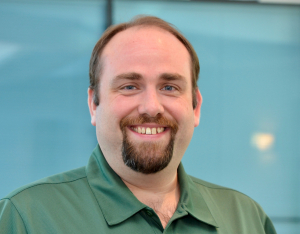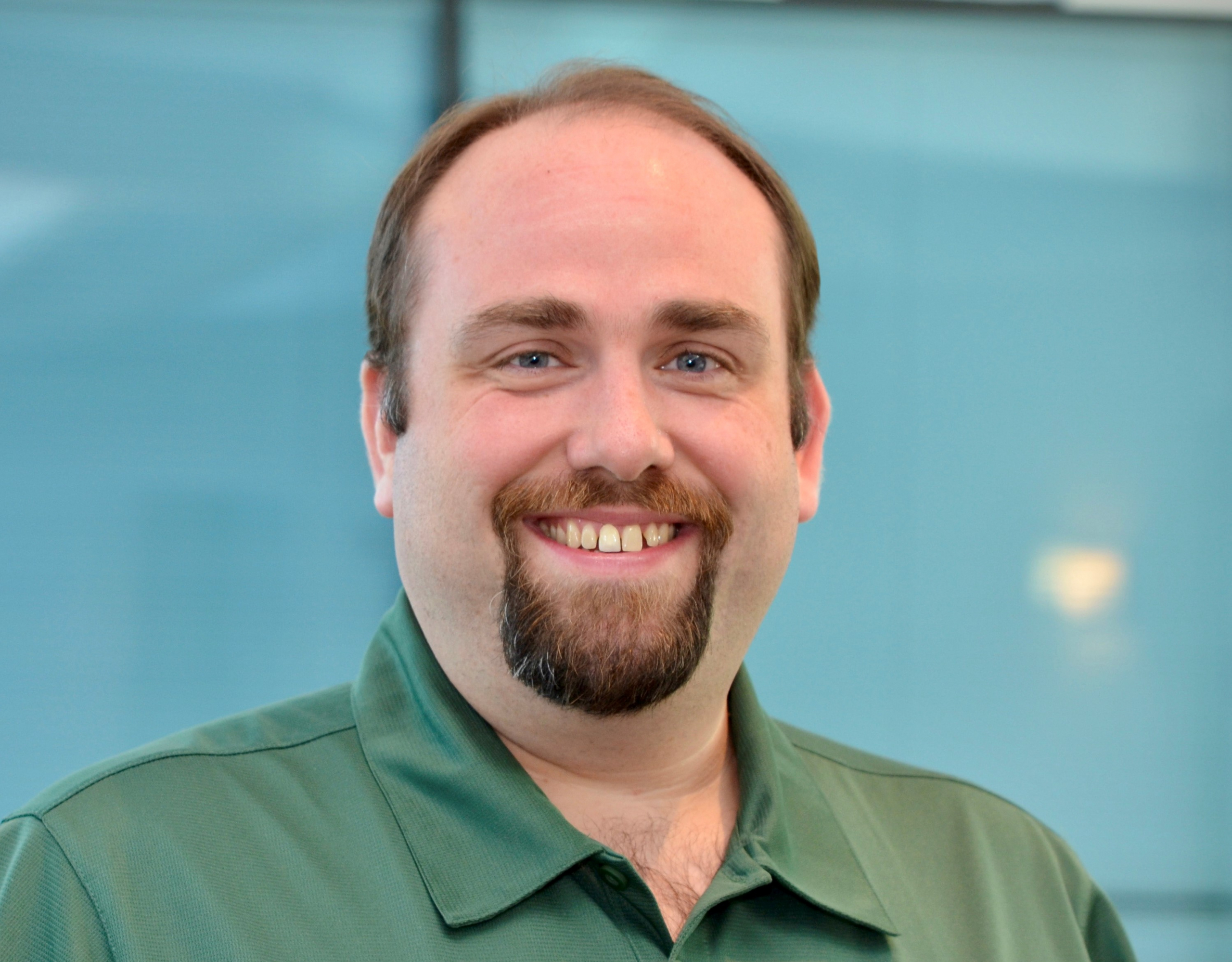Meet Aleksander Marthinussen, program manager with NOVA SySTEMic at Northern Virginia Community College. Marthinussen’s Techniques interview appears as part of a digital-exclusive spotlight series on fellows in the Postsecondary Leadership Success Program at ACTE – Sponsored by ECMC Foundation.

What leadership skills do you hope to develop as part of the Postsecondary CTE Fellowship?
I would like to strengthen my skills in leadership, management and communication. And I would like to improve my abilities to present information in an effective and understandable way. Further, I would like to become a better manager for the employees that I supervise, providing better leadership to my team overall.
I would also like to leave a lasting impact on my students. The Postsecondary CTE Fellowship has helped me to think differently and to approach things in a more efficient manner. In my role at NOVA, I hope to provide input on organizational change when it comes to better serving underserved population groups in northern Virginia.
In what ways have you innovated to engage students >amp; inspire colleagues in CTE through the COVID-19 pandemic?
When the pandemic first hit, pretty much all hands-on activities and in-person gatherings were put on hold. We adjusted and came up with new ways of engaging students in CTE. Our team devised multiple “new” programs. For example, we launched a design challenge through our Fab Lab. The pandemic forced many people into lockdown and boredom set in quickly. Many popular activities sold out in local stores and online. So, people started to invent new methods of entertainment using recycled household items.
The design challenge: to invent and design an all-new toy or game that could be fabricated in NOVA’s Fab Lab (by 3D printing or laser cutting) using household items or materials.
Our education systems face many challenges in 2022. Please discuss the steps CTE can take to improve equitable access to high-quality CTE programs of study.
New and different challenges have emerged amid the pandemic. The transition to online learning — happening over the last two decades — accelerated dramatically in 2020. Today, nearly all students have taken at least one course online. In 2016, that number was just about half. And only 10% in 2000. Looking at the data, traditionally, white students experience stronger education, employment and earning outcomes than their Black and Latinx peers. This gap may grow even larger as more and more CTE programs move to online/hybrid delivery models.
As a faculty member at an institution that offers CTE courses, I think it is important to identify and examine barriers and develop strategies to increase access. Build equity consciousness into curriculum for students. And reinforce this message in professional development conducted among faculty and staff. You may consider how all stakeholder groups can collaborate to define common equity goals.
Further, in both remote and in-person learning, take time to assess students’ needs by seeking input from them. Do they have access to adequate housing, food and technology? To support students entering a global workforce, institutions should also identify new, more equitable methods for work-based learning. And, finally, as the pandemic continues to change the future of work, strive to align programs of study with labor market demands.
Learn more about the Postsecondary CTE Fellowship.
Please also meet:
- Tiffanie Rosier, STEM education coordinator at Northern Virginia Community College
- Tachaka Hollins, assistant vice chancellor for academic affairs at the Tennessee Board of Regents
- Tracey D. Cooper, executive director of nursing at Temple College
- Bernie Phelps, director of Perkins, Perkins Rural Reserve and dual enrollment at Montana Technological University, Highlands College
- Vickie Thomas, director of the Center for Workforce and Community Development at Eastern New Mexico University – Roswell
- Moira Lafayette, dean of health sciences and public safety at Blackhawk Technical College
- Brad Kinsinger, director of the Global Agriculture Learning Center at Hawkeye Community College
- Eric Sewell, director of technical education at Southern Union State Community College
- C.J. Wurster, district director at Maricopa County Community College District
- Katie Vincent, director of workforce partnerships at Owensboro Community and Technical College
- Dr. Xue Xing, assistant professor of teaching and learning at University of Nevada – Las Vegas
- Martha Payán-Hernández, director of CTE at Fullerton College
- Dan Adams, former CTE administrator and current stay-at-home dad
- Ashlee Spannagel, dean of CTE and workforce development at Southeastern Community College
- Darlene O’Rourke, Perkins grant director and officer at Queensborough Community College
- Shelsi Barber-Carter, CTE coordinator at Baton Rouge Community College








